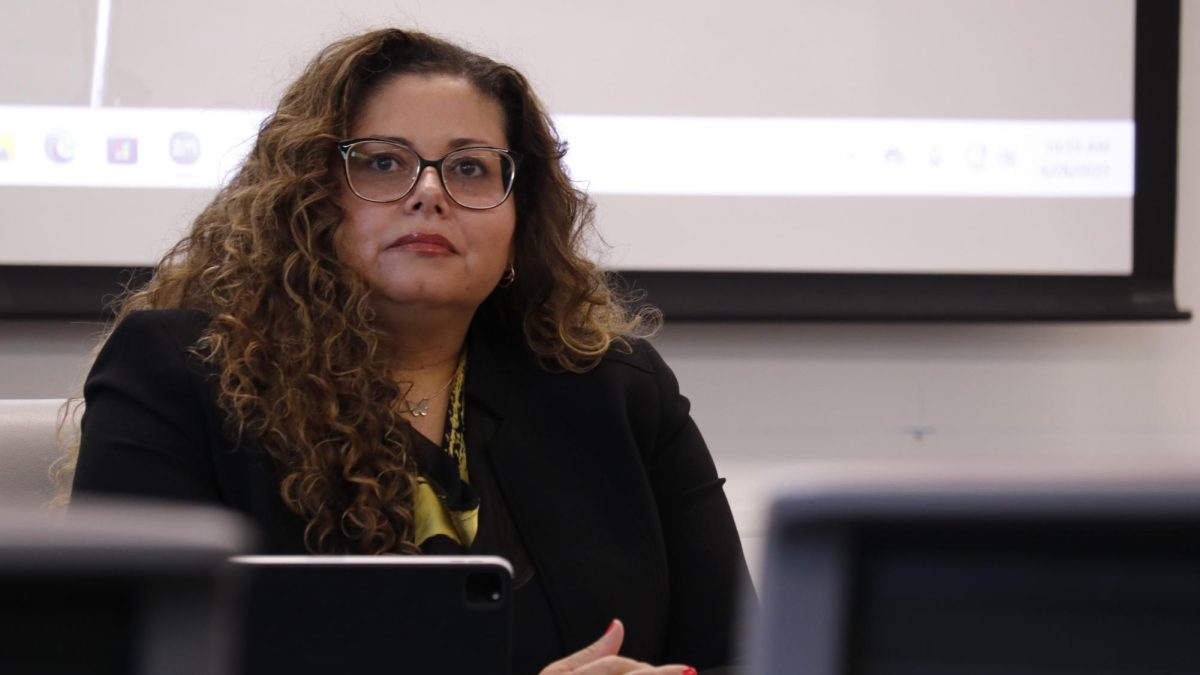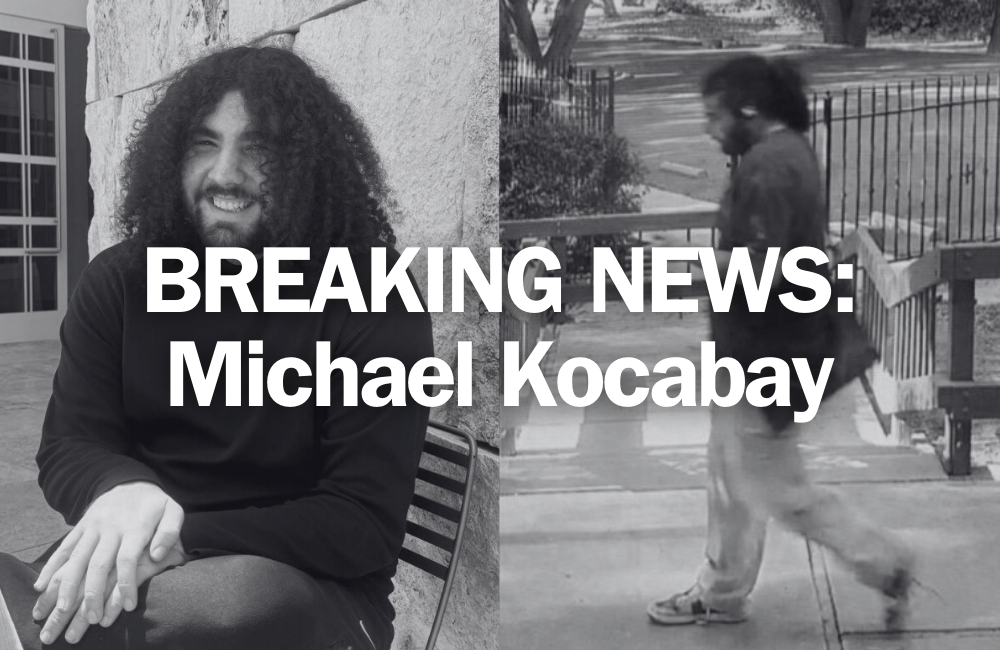Gov. Jerry Brown discussed the issue of new education laws and the need for the government to intervene only when the local level requires assistance Jan. 24 in his State of the State address.
“In the right order of things, education—the early fashioning of character and the formation of conscience—comes before legislature,” Brown said.
Brown congratulated the citizens of California and their efforts on passing “Proposition 30 by a healthy margin of 55 percent to 44 percent.”
“In other words, higher or more remote levels of government, like the state, should render assistance to local school districts but always respect their primary jurisdiction and the dignity and freedom of teachers and students,” he said.
He added there is a crisis emerging with fewer students enrolling and graduating on time.
“A half million fewer students this year enrolled in the community colleges than in 2008,” Brown said. “Graduation in four years is the exception, and transition from one segment to the other is difficult.”
Brown’s answer is working more closely with college faculty rather than drastic increases for the cost of education.
“The key here is thoughtful change, working with the faculty and the college presidents. But tuition increases are not the answer. I will not let the students become the default financiers of our colleges and universities.
He added school boards will be given the chance to improve their schools first-hand.
“My 2013 budget summary lays out the case for cutting categorical programs and putting maximum authority and discretion back at the local level—with school boards,” Brown said.
Brown hopes a new locally-run funding program will be passed and those districts in need will have extra funds to compensate.
“I am asking you to approve a brand new Local Control Funding Formula which would distribute supplemental funds, over an extended period of time, to school districts based on the real world problems they face,” Brown said.
Brown’s formula is offering additional funds to be given for each child in need.
“This formula recognizes the fact that a child in a family of $20,000 a year or speaking a language different from English or living in a foster home requires more help. Equal treatment for children in unequal situations is not justice.”




